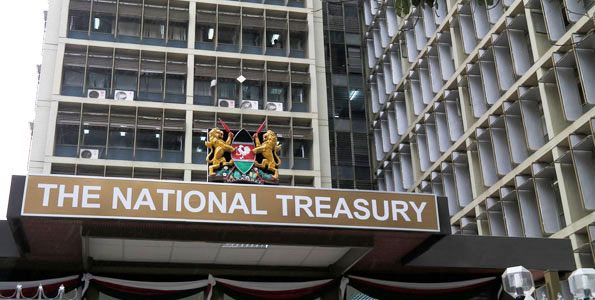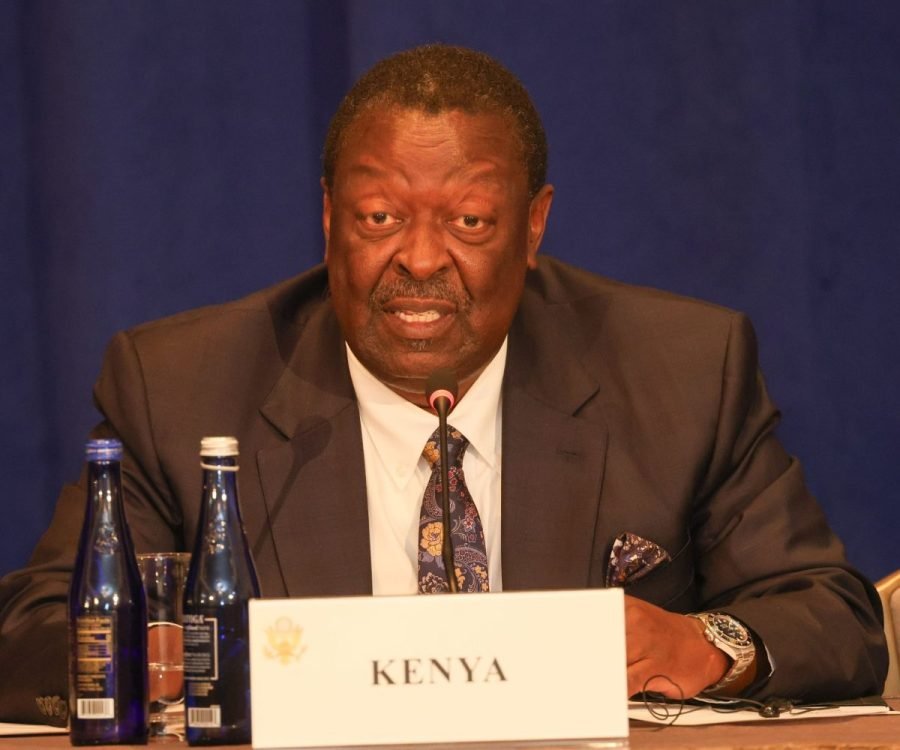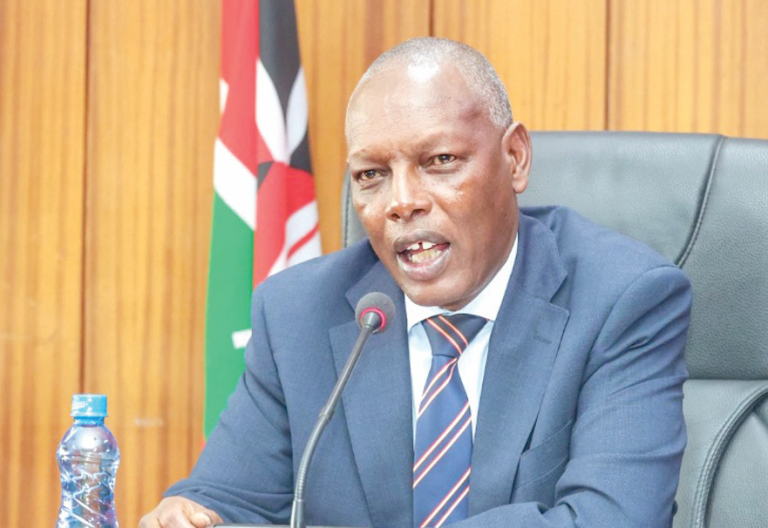Treasury raises borrowing by Sh25b after tax misses

The government has revised upwards its final borrowing targets by Sh24.9 billion to Sh720.1 billion to seal the budget deficit expected in the upcoming 2023/24 financial year.
National Treasury had previously placed the borrowing target at Sh695.2 billion in the initial draft estimates released last month but this has now been changed. The changes are largely influenced by the projected slight declines in revenue collection and increase in recurrent expenditure amid tight economic environment, further widening budget hole.
“As we finalise the budget for the FY 2023/24 and the medium term, I wish to emphasise that the economy is operating under tight fiscal constraints,” Chris Kiptoo, Principal secretary at National treasury said in the revised Budget Policy Statement (BPS) 2023.
President William Ruto’s administration will, however, incline to the domestic market to source the additional Sh24.9 billion in renewed loan appetite. External borrowing targets have been left unchanged at Sh198.6 billion in the final estimates.
Exchequer’s plan
This comes amid the exchequer’s plan to maximise concessional borrowing and retire commercial loans while seeking to lengthen the maturity of domestic loans in order to reduce public debt distress.
Concessional finance often comes in the form of loans, grants, and equity investments, and normally attracts below-market interest rates.
Kenya’s current domestic borrowing, mainly dominated by banks and pension firms investing in government papers, remains expensive due to untenable interest rates demanded by the investors.
“There is an urgent need to reduce over-reliance on external debt markets and instead shift the focus to depending and developing domestic debt market to assume more role in funding government borrowing needs,” treasury’s 2023 debt management strategy reads in part.
Interests payment for domestic debt tripled the level paid on external debt by end of December 2022 although their respective stocks are same, according to the treasury. The tightening of policies in the global markets has also made it difficult for developing countries like Kenya to access external capital to refinance maturing debt. But given the slight easing of market conditions, experts say Kenya is likely to revert to the foreign market after abandoning such plans in mid-2022.
Kenya has a $2 billion (Sh250 billion) Eurobond maturing June next year, which is likely to be refinanced through another external financing. “That is the only time I’m seeing them going back to the Eurobond market. They will have to refinance that one ($2 billion Eurobond) because it is a huge amount,” says George Bodo, market analyst at Genghis Capital Ltd.
It is expected that the domestic environment will support both the government borrowing agenda and the intense revenue mobilisation through taxes.
Revenue revision
Final BPS 2023 has already downgraded the revenue projection by Sh2.8 billion compared to the draft copy. The downward revenue revision comes despite the administration planning aggressive tax measures, compounded with tax base expansion, deploying technology to combat tax cheats, and hiking the current rates. But the struggle by Kenya Revenue Authority (KRA) to meet the collection targets already points to a rough ride for the country’s budget financing plans.












